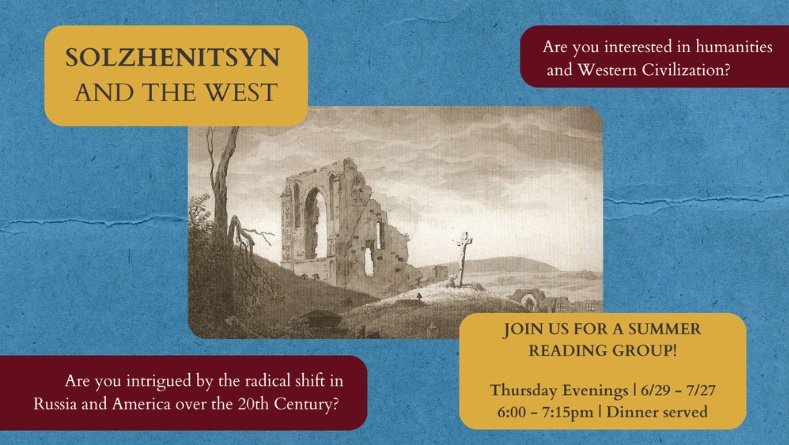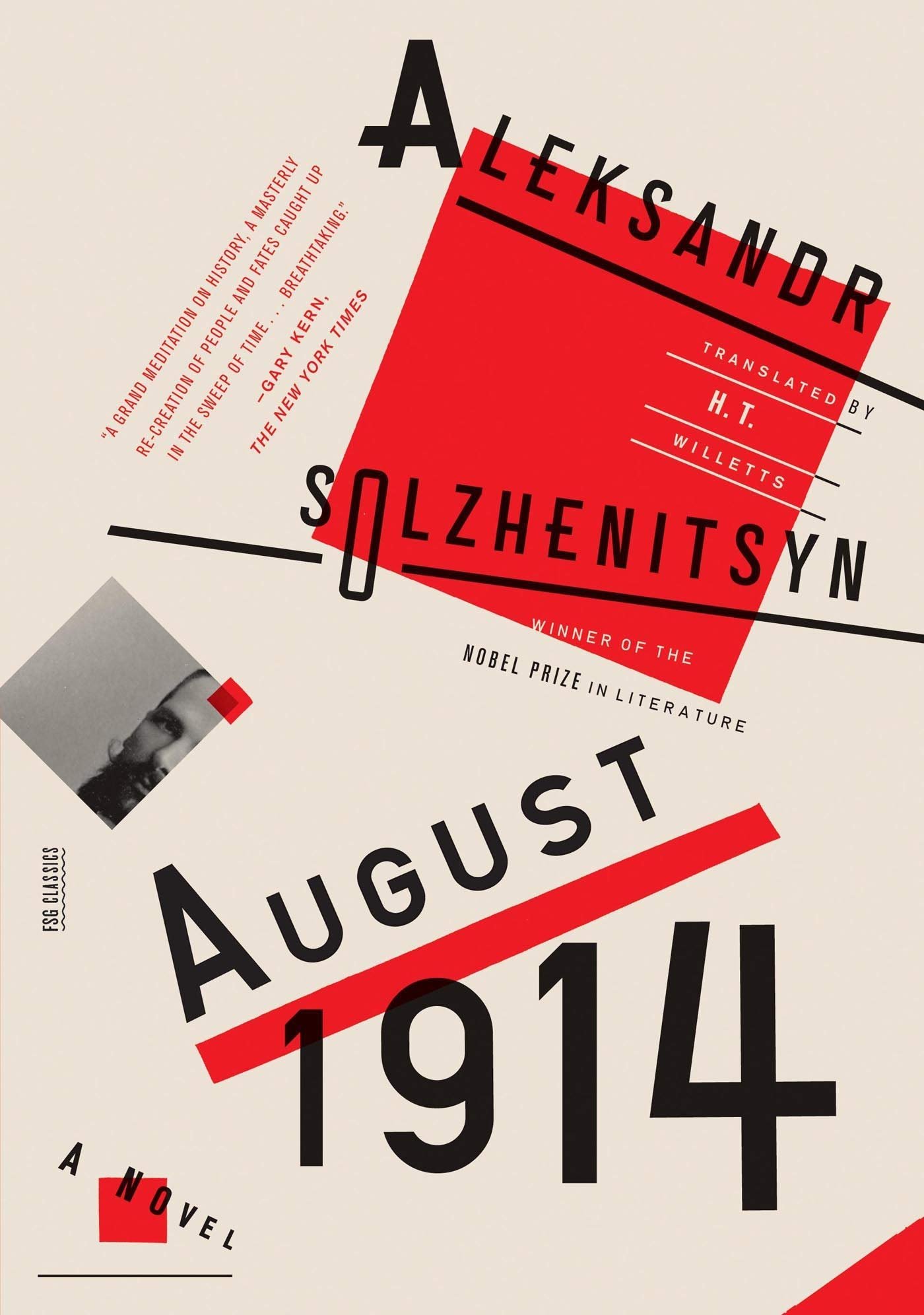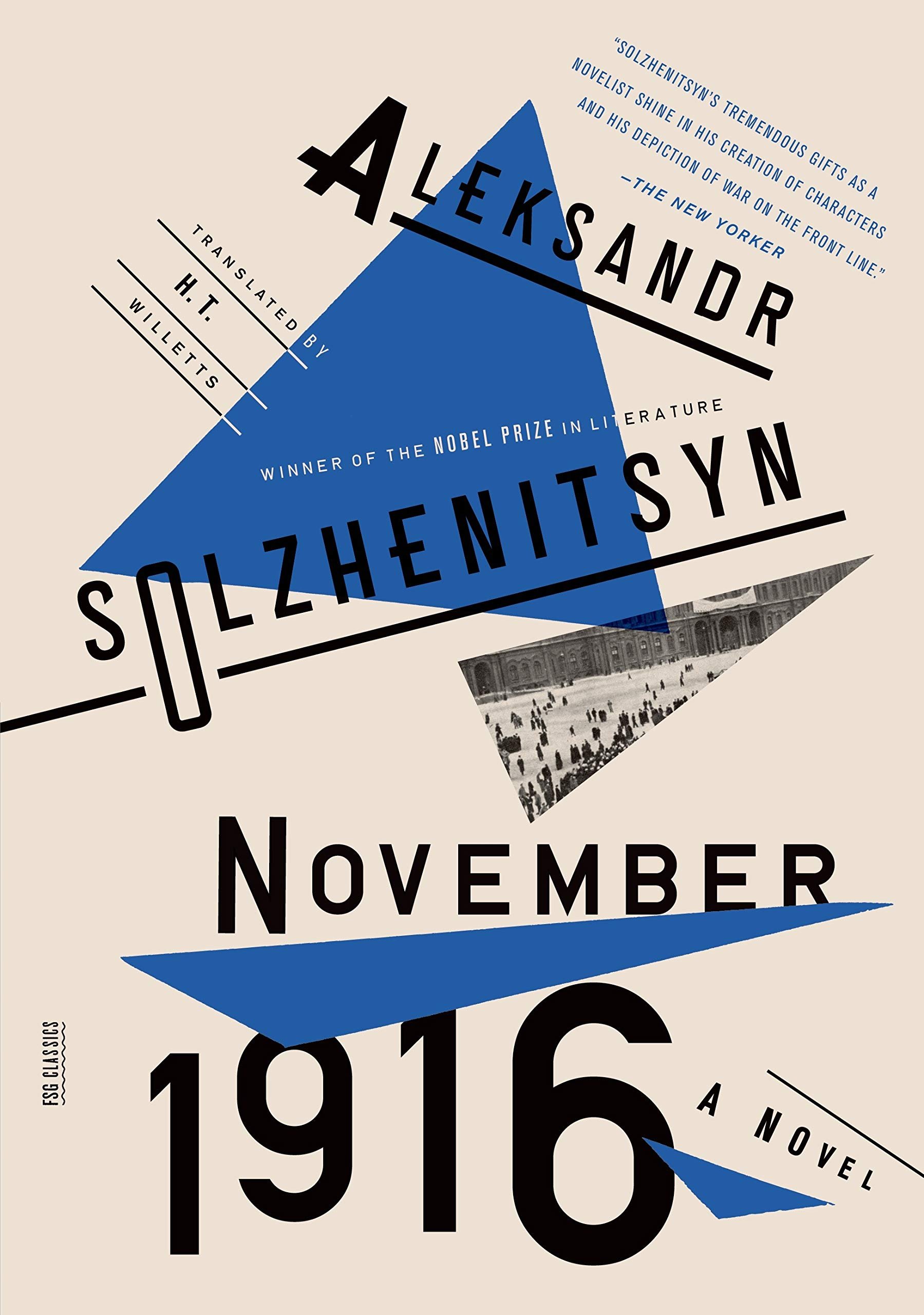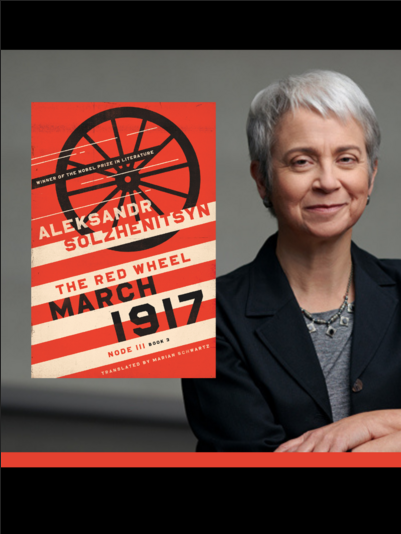In the city of Tver, about 100 miles northwest of Moscow, street painter Viktor Lebedev adorned the side wall of an apartment building at 32, Smolensky Lane with a large mural on the occasion of Solzhenitsyn’s 100th anniversary in 2018. Next to the author’s portrait were the words: “Live Not by Lies. A.I. Solzhenitsyn”.
The mural immediately caused division, with some angry voices decrying Solzhenitsyn as a traitor who helped destroy the USSR. One of those opposed is a building resident, and he filed a complaint to stop the mural, since a municipal permit had not been granted. As the case wound its way through the legal system, Communist activists painted over the “not” (thus: “Live by Lies.”). On 4 July 2020, they painted over the mural entirely.
On 11 July 2020, at the behest of the governor of Tver oblast, Igor Rudenya, it was announced that another location had been found; that the artist, Viktor Lebedev, had agreed to put the work up again; and that the new mural at 29, Radishchev Boulevard, “has already become a notable spot, frequently photographed by passersby.”
It appears that the Communist activists have become the latest victims of the age-old rule, “Be careful what you wish for.”
Read a machine translation of the story here.













![10.11┆ “The man who is for the moment the most famous person in the western world” (C. Ogden) [=7.5].jpg](https://images.squarespace-cdn.com/content/v1/5432c9c0e4b0d4b6148b3def/1609542526274-1IY3OTGP2WB00T8KWN6Q/10.11%E2%94%86++%E2%80%9CThe+man+who+is+for+the+moment+the+most+famous+person+in+the+western+world%E2%80%9D+%28C.+Ogden%29+%5B%3D7.5%5D.jpg)




